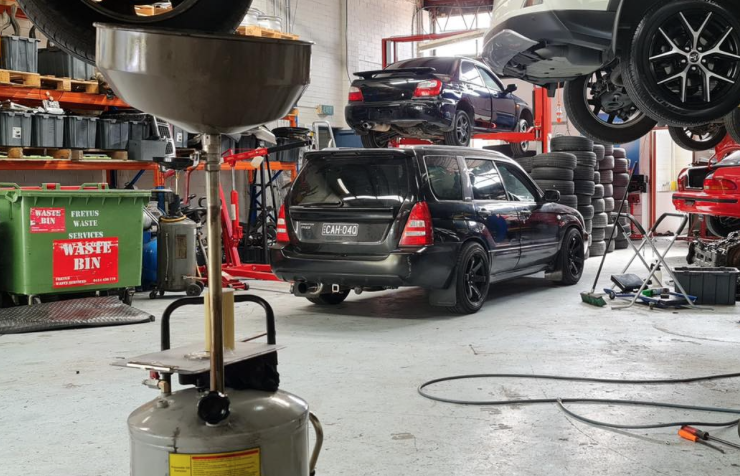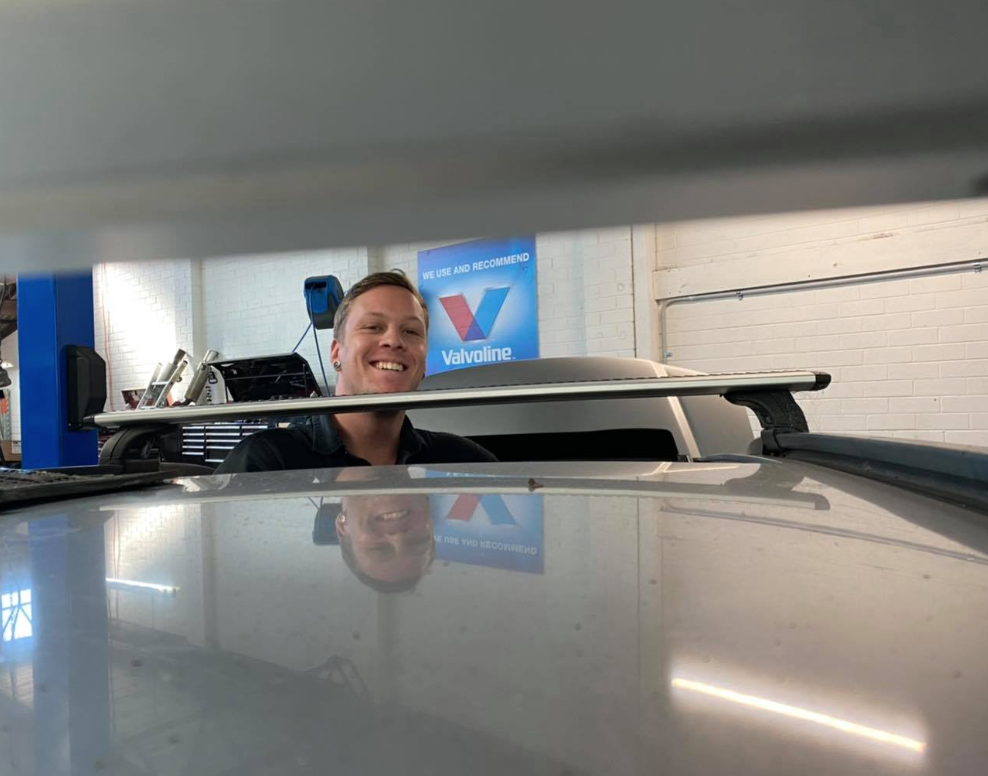“People are freaking out,” noting that some of the resistance to change is propelled by unfounded rumours of technicians being electrocuted by electric vehicles. Majority of the independent auto repairs trading today have done nothing to prepare for the change that is coming. Some sources state “Ninety percent of our industry has done nothing” (Washington Post) A huge portion of these privately owned shops are owned by sole traders or a partnership (often a husband and wife team) that realistic intend to retire before they have to face this issue. These are the people who didi adapt with the EFI engine was introduced but don’t have the time or the energy to do it again. The other group are those to ignorant to learn and adjust to the future. Change is coming, there is nothing you can do to stop it.
They just turn the hybrids and Electric Vehicles away and say, ‘We don’t work on those cars, go back to Ford or Toyota.’ The fear factor is huge.”
Tesla, Honda, Toyota, Lexus and Mazda have all produced hybrid or fully electric vehicles in the passenger vehicle space, there is no denying this is the future of the industry.
Van Batenburg, who also owns a US based career-development company that prepares businesses for the arrival of electric and hybrid vehicles, said that before the 2017 announcement by Volvo to phase out internal combustion engines, his schedule was booked about three months in advance — now it’s more than a year.
Independent auto shopshave always relied on minor repairs, such as oil changes and new tires, to get customers in the front door. To many a car owner’s surprise, one minor repair often leads to a series of others, giving auto shops a chance to make more money and establish a rapport with customers that can serve them for years. Even if the bare minimum requirements are met an oil and filter change is needed twice a year and brakes every few years (subject to vehicle and driving conditions)
Electric vehicles threaten to upend this income stream.

Unlike Petrol cars, electric vehicles require no traditional oil changes, fuel filters, spark plug replacements or emission checks. In most cases, you can wave goodbye to changing timing belts, differential fluid and transmission fluid. EV brake pad replacements are less frequent because regenerative braking returns energy to the battery, significantly reducing wear on mechanical brakes because they’re used less to slow the vehicle.
Analysts estimate that the repair bills for Electric Vehicles would be lower and less frequent than the tabs of their gas-guzzling counterparts.
Van Batenburg said that during the seven years he’s owned a Nissan Leaf, the car has required about one hour’s worth of maintenance total, which he performed himself. His maintenance costs, however extraordinary sounding, aren’t unusual, according to a random sampling of Electric Vehicle owners.
Over the past six years that he’s driven a Nissan Leaf, Ron Swanson, president of the Electric Auto Association’s North Texas chapter, has had his tires rotated and had a single air filter replaced, spending less than $50, he said.
“We will always need technicians for electric vehicles because all cars have accidents and sustain damage,” he said. “But I think there will be job losses among technicians because there’s just not enough maintenance to go around.”
What does that all mean? There aren’t official estimates, but our American friend with a dutch name, Van Batenburg predicts that in the next 20 years, two-thirds of the nation’s auto technicians will fall victim to the electric and hybrid revolution. But others are far more optimistic about auto technicians chances for survival.
Over the past decade, they reason, vehicles have become better built and far more complex, with dozens of computers interacting on board and millions of lines of computer code. The most progressive auto shops and franchises are already immersed in tech, using iPads, laptops and Google Hangouts to streamline work and keep up with a rapidly changing industry. Businesses that have already begun retraining their employees, they reason, should be able to make the shift to electric. There will always be some work, they say, because tires can last only so many miles, shock absorbers and struts have only so many movements of life in them. Even Tesla batteries don’t last forever.

A gentleman Named Bill Mom Owns a workshop in the USA. He is quoted as saying “We already do a lot more work with a laptop than we do with a wrench anymore,” Bill has begun training for his staff to gain the skills and experience to skill up and work on the electric vehicles ““Some of this is nothing new.”
Jeffrey Cox, vice president of the Automotive Maintenance and Repair Association, believes auto repair shops will be ready for electric vehicles because they have another 10 or 15 years to prepare. A timeline that We roughly agree with. We covered that time line Discussion in the following article.
When Will Electric Vehicles Take Over?
The Belief is the introduction of electric vehicles into the mainstream is a longer road than most people think. The market share that they’re going to have will be small for the first five years and then it will be another five years before their warranties end they start being resold and needing work. We are just now starting to enter that window where warranties on the first electric vehicles are expiring and the private workshops are seeing these vehicles more frequently.
To thrive the auto technician of the future will need to become some combination of your company’s IT support guy with a car-lover’s mind, someone with the ability to change tires and operate diagnostic and scanning equipment to root out problems involving computer networks and data processing.
Even for repair shops on the cutting edge, often in urban areas where hybrid cars are already commonplace. Survival may not be a matter of willingness to adapt, but by how quickly a business can do so.
Some neighborhood service stations will still exist then, but he expects them to be filled with more charging ports than gas hoses. The implications of that rapid transformation, of course, are hard to predict.
The knock on effect of the older generation packing up shop and retiring and the ones who can’t or won’t adapt is a huge chunk of workshops with close down. Leaving the employees of these shops unemployed. It will be an ironic change for the industry that is currently facing a skill shortage. The introduction of the electric vehicles in mainstream sales could flip that over and introduce employment shortage.
www.gdlauto.com.au https://gdlauto.com.au/blog/
https://www.facebook.com/GDLAutomotive
https://www.facebook.com/gdlsubaruparts
https://www.instagram.com/accounts/login/?next=https%3A%2F%2Fwww.instagram.com%2Fgdlautomotive%2F
https://www.instagram.com/accounts/login/?next=https%3A%2F%2Fwww.instagram.com%2Fgdlautoparts%2F
https://www.linkedin.com/in/dannie-ly…
https://www.tiktok.com/@gdl_autosport?
Have a project car that needs parts or a daily that needs more go? We have what you need. www.gdlautosport.com.au – performance parts https://parts.gdlauto.com.au

